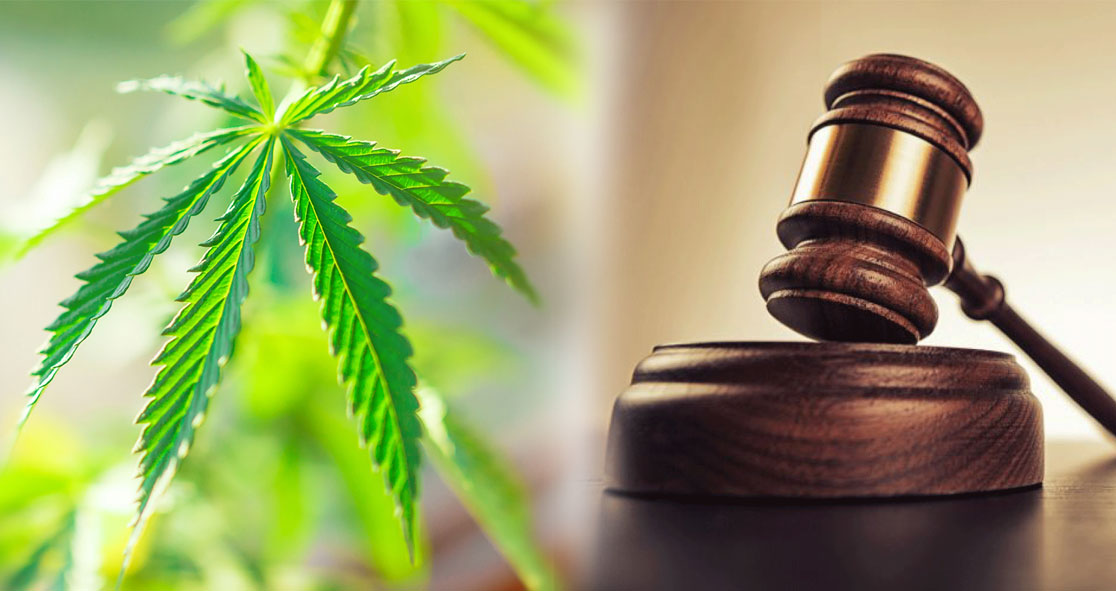There has been a great sigh of relief after Oregon voters approved a controversial ballot measure legalizing possession of small amounts of hard drugs, such as cocaine, heroin, oxycodone, and methamphetamines.
Oregon Measure 110, Drug Decriminalization and Addiction Treatment Initiative (2020), has also applied marijuana sales taxes toward payments for drug addiction treatment. In Oregon, marijuana has been legal since 2015.
The state also joined the District of Columbia in decriminalizing psychedelic mushrooms, according to the Washington Post.
On Tuesday, New Jersey, Arizona, Montana, and South Dakota voted to legalize recreational marijuana, while Mississippi voted for legalized cannabis for medical purposes.
Overall, one-third of the states have now decriminalized marijuana use, but federal law still prohibits it.
Kassandra Frederique, Executive Director of Drug Policy Alliance, said, “We have been criminalizing people for at least 50 years, and what we know is that it hasn’t gotten us any closer to having our loved ones get the care that they need at the scale that it requires.”
Drug Policy Alliance spends over $4 million to support the Oregon Measure 110.
“Criminalization is not a deterrent to use, and it’s not a humane approach,” Frederique said. “This is about recognizing that we need to support people.”
Kevin Sabet, a former three-time White House Office of National Drug Control Policy advisor, called the ballot measure “a deliberate first step to legalize all drugs — heroin, cocaine, methamphetamine.”
“For a lot of people, they stop drinking once they got a DUI, and they realized what they were doing was wrong,” said Sabet, who is also the founder of Smart Approaches to Marijuana. “I think a lot of people have gotten help through drug courts. For a lot of people, the consequences are important. And I think we can find a way to marry the criminal justice and public health systems.” The article originally appeared in The Washington Post.























